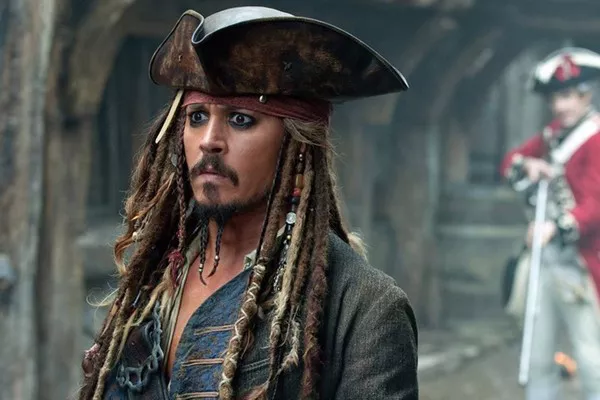Mexican actor/director/writer/producer Eugenio Derbez “can do anything”.
That’s according to Ben Odell, co-founder and managing director of Derbez’s production company, 3Pas.
“The roles he’s been offered so far are the comedy relief type,” Odell tells Variety. “The best of Hollywood is the big spectacle films. Everybody who comes here wants to play in that big sandbox. Let’s see [Derbez] as the ‘bad guy’ in a Marvel movie. It’ll be fun, but he’ll bring that humanity and be scary as hell.
First up, audiences will get to see Derbez – who celebrates the 10th anniversary of the groundbreaking comedy “Instructions Not Included” this year – tackle drama in “Radical,” which debuted at Sundance and won the Audience Award. “Radical” follows the true story of Mexican teacher Sergio Juárez Correa, who uses immersive teaching techniques to inspire his students in a border town with failing test scores.
Written and directed by Chris Zalla and produced by Derbez and Odell, “Radical” will be released in the US on 3 November via Paul Presburger and Edward Allen’s Miercoles Entertainment. It is a production of Participant, Pantelion Films and 3Pas Studios. The film has also been sold to the UK, Germany, New Zealand and Australia.
Derbez has been bringing stories to English and Spanish speaking audiences for decades. He and Odell founded 3Pas in 2014 (the same year Variety named Derbez the “No. 1 most influential Hispanic man in the world”), which released the hit comedy How to Be a Latin Lover, starring Derbez, in 2017.
Like Reese Witherspoon’s billion-dollar Hello Sunshine and Brad Pitt’s Oscar-winning Plan B, 3Pas oversees quality fare for the small screen and theatrical distribution, including Apple TV+’s Acapulco and Hulu’s Valet, while two of 3Pas’ unscripted shows, LOL and De Viaje con Los Derbez, are Amazon’s two highest-rated series in Latin America.
Born in Mexico City, Derbez has shattered stereotypes and showcased the complexity of the Latino experience in his film, television and career. His influence also extends to cultural entrepreneurship and social advocacy, as he seeks to ensure a full and bright future for Latino artists.
Odell, who moved to Colombia in the 1990s to write and produce projects, understands the nuances of a business that has neglected the Latino market. But when they began this venture together, his greatest fear was destroying Derbez’s respected reputation. “I felt like my tombstone would say, ‘The guy who ruined Eugenio Derbez’s career,'” Odell says. “So far, so good.”
























